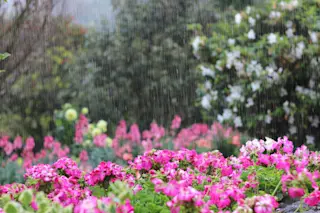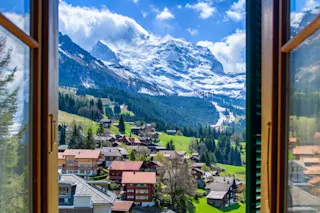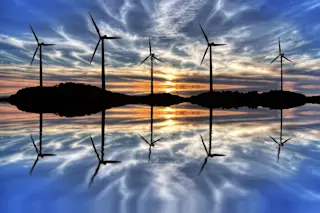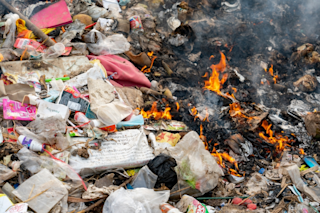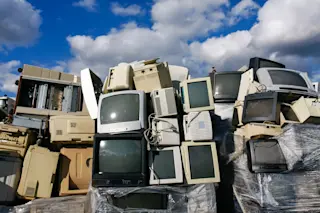Many have noted the repetitive loop of global climate change talks. I think the global sustainability debate is suffering from the same Groundhog Day syndrome. Consider that 16 U.N.-sponsored climate summits have taken place since 1995. (The 17th is later this year in South Africa). This is rivaled by 19 annual sessions of the U.N. Committee on Sustainable Development. At the outset of the most recent meeting earlier this month, Sha Zukang, Under-Secretary-General for Economic and Social Affairs said:
Globally, unsustainable consumption and production threatens to exceed the carrying capacity of life support systems.
This particular session concluded on a down note, an outcome similar to that of most international climate meetings. Oh, did I also mention we're coming up on the 20th anniversary of a landmark sustainability conference? Which brings me to the gathering last week in Stockholm, Sweden, officially called the
3rd Nobel Laureate Symposium on Global Sustainability
...



